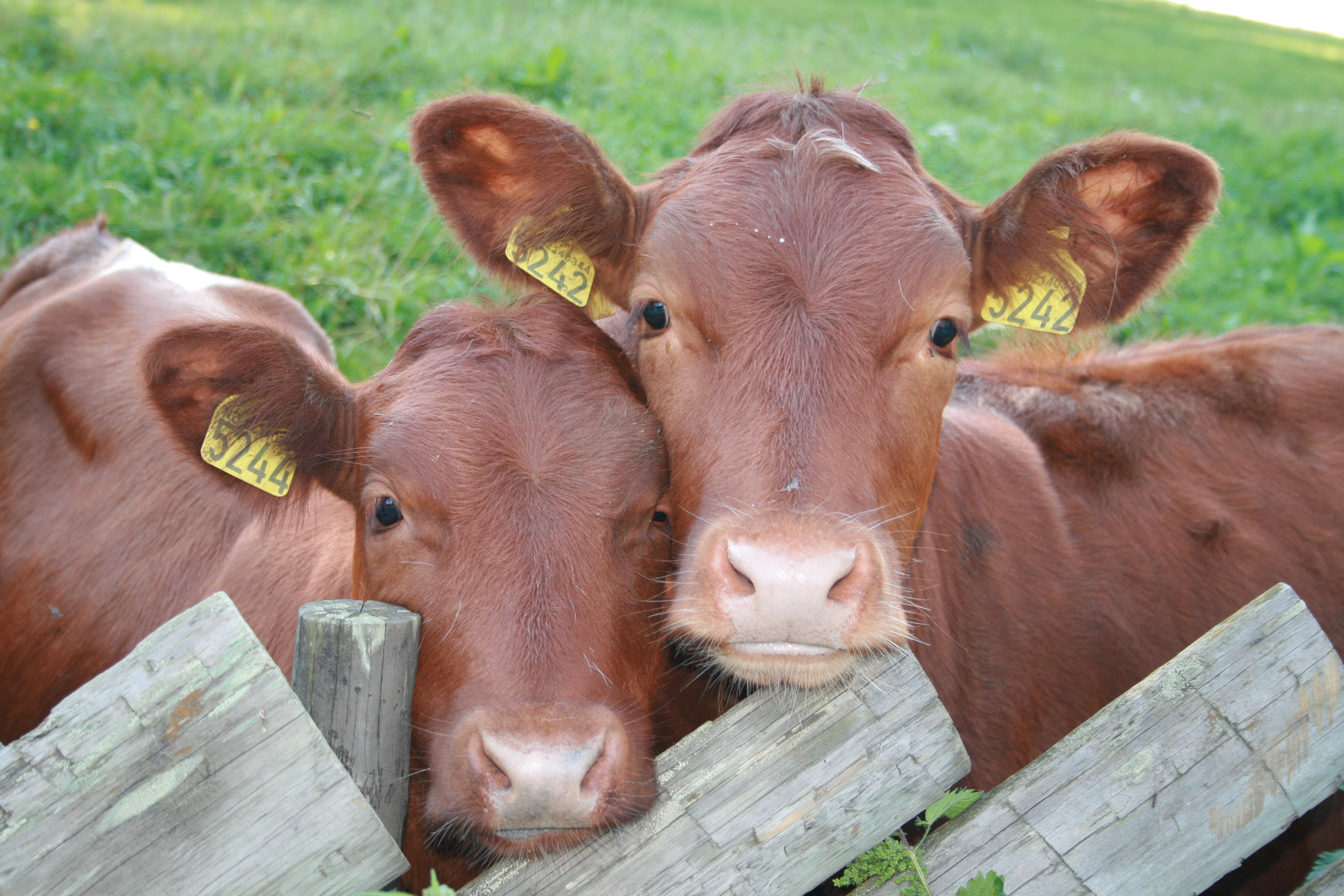Psalm 8
1. This psalm is obviously a psalm of praise (verses 1 and 9), but the praise is done in an unusual way. The majority of the psalm is spent looking at nature. Those who believe in the Bible and creation should praise God by noticing the beauty, design and order of the universe.
2. In verse 1, there are two different words translated “Lord.” The first is YHWH, the same name that was given to Moses in Exodus 3:14. The second is a name that puts the emphasis on God’s sovereignty.
3. From The MacArthur Study Bible: “The introductory irony about infants sets the stage for a contrast between the dependent and the foolishly self-sufficient” (page 737; comment on verse 2).
4. God created everything, but David says that even the heavens are just the works of God’s “fingers.” This shows David’s awe for God; He is greater than His creation by far. (verse 3)
5. Verse 4: If the universe is “small” compared to God, how much smaller must man be? David is amazed that God would even take thought for mankind.
6. Verse 5 has caused many problems. The NASB renders the first part, “Yet You have made him a little lower than God.” The NKJV says, “For You have made him a little lower than the angels.” The point of the passage is often missed, though, on this argument. The point is that God made man lower than something, but greater than the rest of the natural world. This verse can be skillfully used to defeat evolution.
7. Verses 6-8 are, in many ways, verses that show mankind carrying out the command given to Adam in the Garden of Eden. Mankind is still to be over the earth, but is also to take care of it.
8. One of my favorite aspects of this psalm is how it repeats the same praise at the end as was given at the beginning. Truly how great God is!


